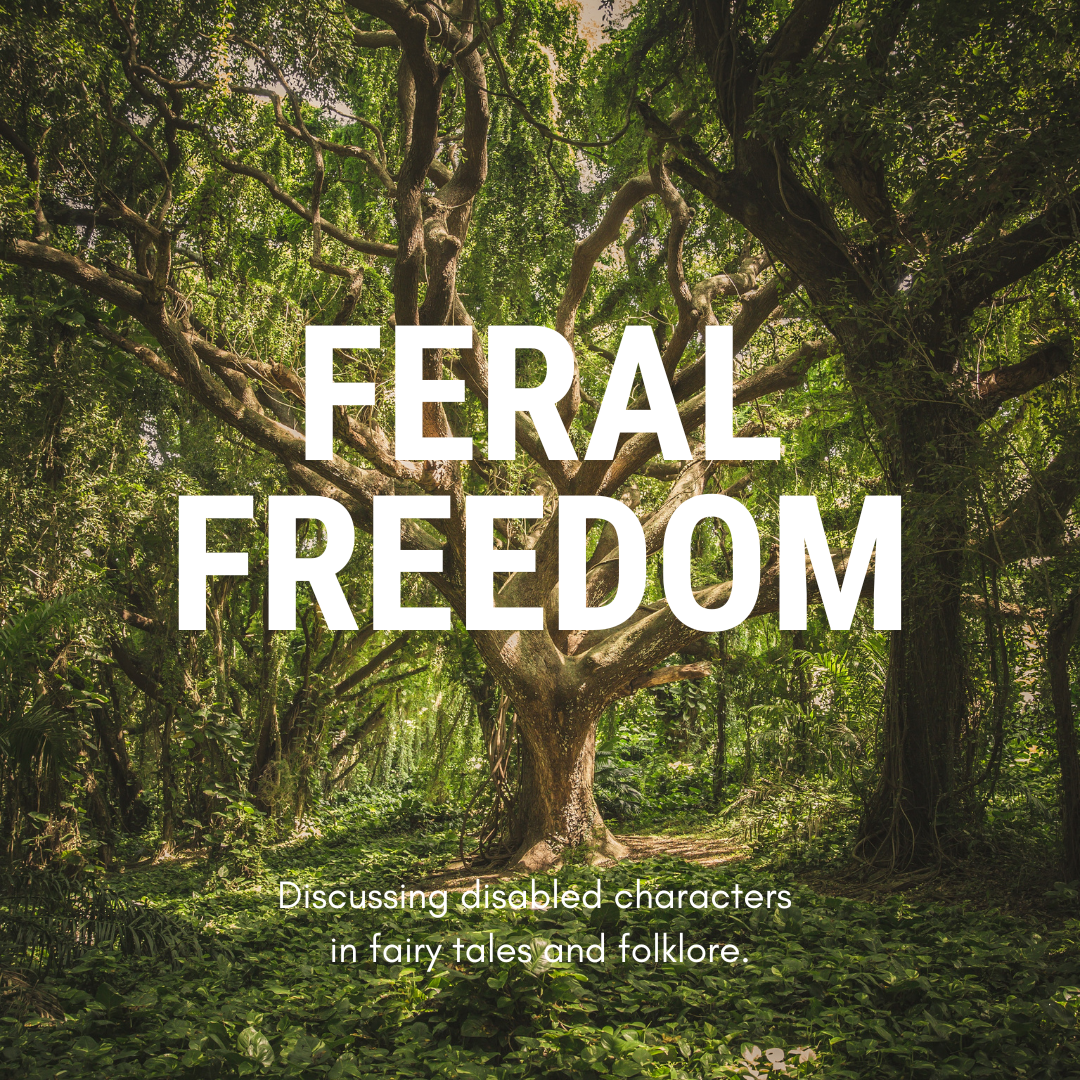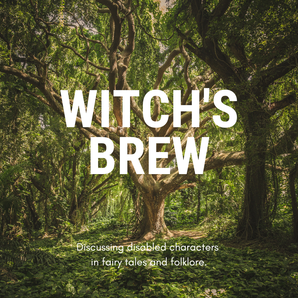|
Rumors said Renata was a werewolf. The villagers preferred it than what her family could come up with, which was nothing. What caused the sudden convulsions? When asked, she could barely say, “I don’t know,” as her shoulders jerked and her eyes rolled around and around like the wheels on a wagon. It made Renata dizzy and the people in her village whisper to one another in confusion, judgment, and fear. It was enough to launch her mother into tears over the loss of her future and her father at a loss for what to do with his dowry. He gave up on a legacy through sons long ago, but this was another slight by a higher power that hated him. Of course it began the day before a full moon. Even if it wasn’t timed exactly right according to legend, it was just convenient enough for the villagers to joke about melting their fine silver into bullets as she walked. Each time their eyes watched Renata twist and turn they would throw bullet-like stares straight at her head. She did not see them all, but Renata saw one little boy point his toy pistol her way. “Bang, bang, Werewolf Lady!” he cried. Renata’s body jerked in multiple places with no warning, sparking a catastrophic symphony of twitches that tumbled out one after another. The boy dropped his toy gun and ran away, calling out for his mother in a panic. Passerbys gave her disgusted glances as she unraveled in the streets. By the time she got home, the only thing that stopped it was her sheer exhaustion. When she went to bed that night, she overheard her parents discussing what could be made of her future. Their verdict? Ruined. Girls were already damaged goods as far as children were concerned, but this was another level of damage in their eyes. What difference did it make? Perhaps a puppet daughter would have made a better match; they would have the tools to fix her the way they dreamed. They always made Renata’s future about their wants, but if she no longer had one, she had no obligation to obey. Her body would never obey her command, so she would follow its wildness into the woods. If she was damned by her community, then she would enjoy the privileges of being a beast of society: solitude. Renata’s form had no rules, no restrictions. She was wired to spark without caution in spite of the bodies she was supposed to mimic around her. In the woods, she could be unapologetically feral. It wasn’t without pains and aches from her unpredictable choreography, but wasn’t there always a deal that had to be made, even without the presence of gods or devils? That is the one rule Renata figured could not be broken, even in favor of disorder. A legend came about shortly thereafter, but there was no origin story. No divine intervention. No stories about the full moon being an exclusive night for her prowling. She was more terrifying than that: Renata simply was. About the author:
A content writer by day and the executive editor of Quail Bell Magazine at night, Gretchen is obsessed with words. Her work has appeared in Next Avenue, The Mighty, Blanket Sea, Rooted in Rights, and others. See more of Gretchen's work at www.writinggales.com.
0 Comments
"Cookies," the old woman hissed, standing over the churning cauldron. With steam rising to swathe her face, she continued in that same plaintive monotone, "Cookies. Cookies, cookies." Her voice was dry, sibilant as a snake. She stirred the great iron pot with a large wooden paddle, sometimes splashing the mixture over the rim of the cauldron, where it landed upon the oaken floor with a loud hiss and a little dissipation of steam. She ceased stirring and turned to a little room off the kitchen, where her "assistants" lay on the floor, chained to posts with collars about their necks. There were dogs and cats and red and gray squirrels and raccoons and other creatures, seven in all. Because seven was a Lucky Number! "Here, try a little of this," she murmured, approaching an orange cat with a filled spoon of the concoction. The cat sniffed the brew, then lifted a paw to bat at the spoon, spilling its contents. "Bad cat!" snarled the old woman, bopping the cat sharply on the nose with the wooden spoon. The cat hissed at her and made to scratch the old woman but the chain round the cat's neck impeded her. This set off a woofing and barking and snarling and hissing among the other captives, so the woman soon quitted the room. Some time later, after the cauldron had boiled for hours, the old woman reemerged at its side and, taking up a pair of ancient steel tongs, extracted the fruits of her labor: a large, plate-sized, perfectly browned chocolate chip cookie. "Cookies," she drooled yet again. "An' there's more where that come from!" The old woman wielded the tongs again and again and eventually turned up a large platter of Magic Chocolate Chip Cookies. But her night's work had just begun. Entering the little room containing the pets and forest creatures once more, she began breaking off pieces of cookie and placing them before the little animals. The dogs and raccoon and squirrel ate immediately and voraciously, but the cat sniffed suspiciously, remembering the bop on the nose; but soon even she was placidly consuming the confection. Moving furtively, the crone unlocked and removed the collars from round the creatures' necks. Consumed with eating the cookie fragments, they paid her no mind. At length, the old woman grunted. "Huh," she said. "I s'pose you'd better have some more." And she continued feeding the seven inmates till all the cookies--the whole big platter full--were gone. She turned away, muttering gravely, when suddenly there was a loud Pop! like the sound of an emerging Champagne cork. The old lady swivelled her head at once, just in time to observe the gray squirrel change into a little boy of about 5. Another Pop! and the orange cat changed into a little girl. And so it went, with each furry little creature magically transforming into a young child. They wore no clothes, of course, but seemed upset by their nakedness not at all. They sat in a little semicircle facing the old woman, waiting expectantly. "Okay, Beryl," she addressed the former cat, "What is there to steal at the Dickens's place?" Beryl began speaking rapidly in a little girl voice, while the old woman tried to write down what she said. And so it went with the other children, who retailed what they knew of private treasures in the vale and how best to purloin them. "Now, I'll get the older children to actually clean the town out," she muttered to no one in particular. The children still stared up at her from their seats on the wooden floor. "But for you kids, I've got a new assignment: find out what there is to take in Shelbyville; it's only a half mile away." The seven little faces bobbled up and down in agreement. "Now," she said seriously, "as for your disguise." So she fed them chicken wings and beer and switched on a football game, turning them all into animals again. About the author:
Bill Tope is a retired Public Assistance caseworker who lives in Illinois (almost in the very shadow of the majestic Gateway Arch) with his mean little cat Baby. He has been a construction worker, a cook, a nude model, you name it. |
Disabled TalesDiscussing disabled characters in fairy tales and folklore! Categories
All
Archives
June 2024
|



